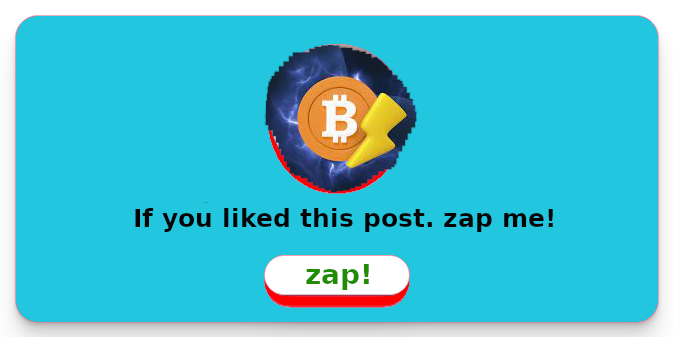People who frequently use derogatory terms like “faggot” and “retard,” along with similar words, often lack a broad vocabulary. Why don’t they choose different terms? In many cases, it’s because they don’t have the words readily available in their minds.
Here’s how I came to this conclusion.
I used to use these terms myself, especially as a child. It was pretty common to call someone a “retard” back then.
As most of us grew older, we stopped using such terms. Why? Because we developed our vocabulary, and we gained access to a wider range of words.
The problem is that not everyone’s vocabulary grows at the same pace. Some people don’t invest time in expanding their vocabulary, so they are left with the limited language they learned in childhood.
While social media companies and governments have made attempts to educate these individuals, they’ve had limited success. Instead, they’ve chosen to censor harmful language.
However, censorship is not the solution. Censorship should come from individuals—by choosing not to engage with people who use offensive language—not from governments.
The solution lies in educating individuals about why using words like these is inappropriate. This education should come from those they interact with in everyday life, not through censorship by the government or social media platforms.
How can someone improve if we just censor them and prevent them from engaging with others? They won’t be able to grow. Instead, they’ll continue using a limited, outdated vocabulary for the rest of their lives.
Here’s an example that helped me understand this better. I followed a guest on the X22 Report podcast, who made some interesting points, and I began following him on X (formerly Twitter). However, I soon noticed that he frequently used offensive terms like “faggot” and “retard” in discussions.
At first, I didn’t realize how problematic these words were. I started following him because I thought I could learn something, but I eventually realized that his responses weren’t actually debates. They were attacks, stemming from an inability to find the appropriate words for meaningful discourse.
This made me reflect more deeply, and I turned to tools like ChatGPT to help me find the right vocabulary. For example, if someone fails at a task, it’s common to hear, “That guy is a retard.” But the term “retard” refers specifically to someone with a physical or intellectual disability. If the person hasn’t done the task correctly, they may just be inexperienced or lacking understanding, and a better word would be “inexperienced” or “unskilled.”
Similarly, calling a politician a “retard” isn’t accurate. Most politicians don’t have intellectual disabilities. They might be corrupt, blackmailed, or inexperienced, but using the word “retard” doesn’t address the real issue. It only diminishes the conversation and allows politicians to push a false narrative of political correctness while censoring valid criticism.
By following this individual on social media, I learned firsthand why using such words is harmful. It encouraged me to expand my vocabulary and improve the way I communicate.
If that person had been censored, I would not have had the opportunity to learn from my experience. This demonstrates that censorship isn’t the answer to help people who use derogatory language.
Ultimately, I unfollowed the profile because I realized that most of the information shared was low-quality and not intellectually stimulating. I wasn’t gaining much from it.


Note ID:
note1jk5a9x0nrzzfsu6y53m3p5yjdhux3cm6zplc8qa4wyxwe773sy3qpuhryy
 Post#154
Post#154



